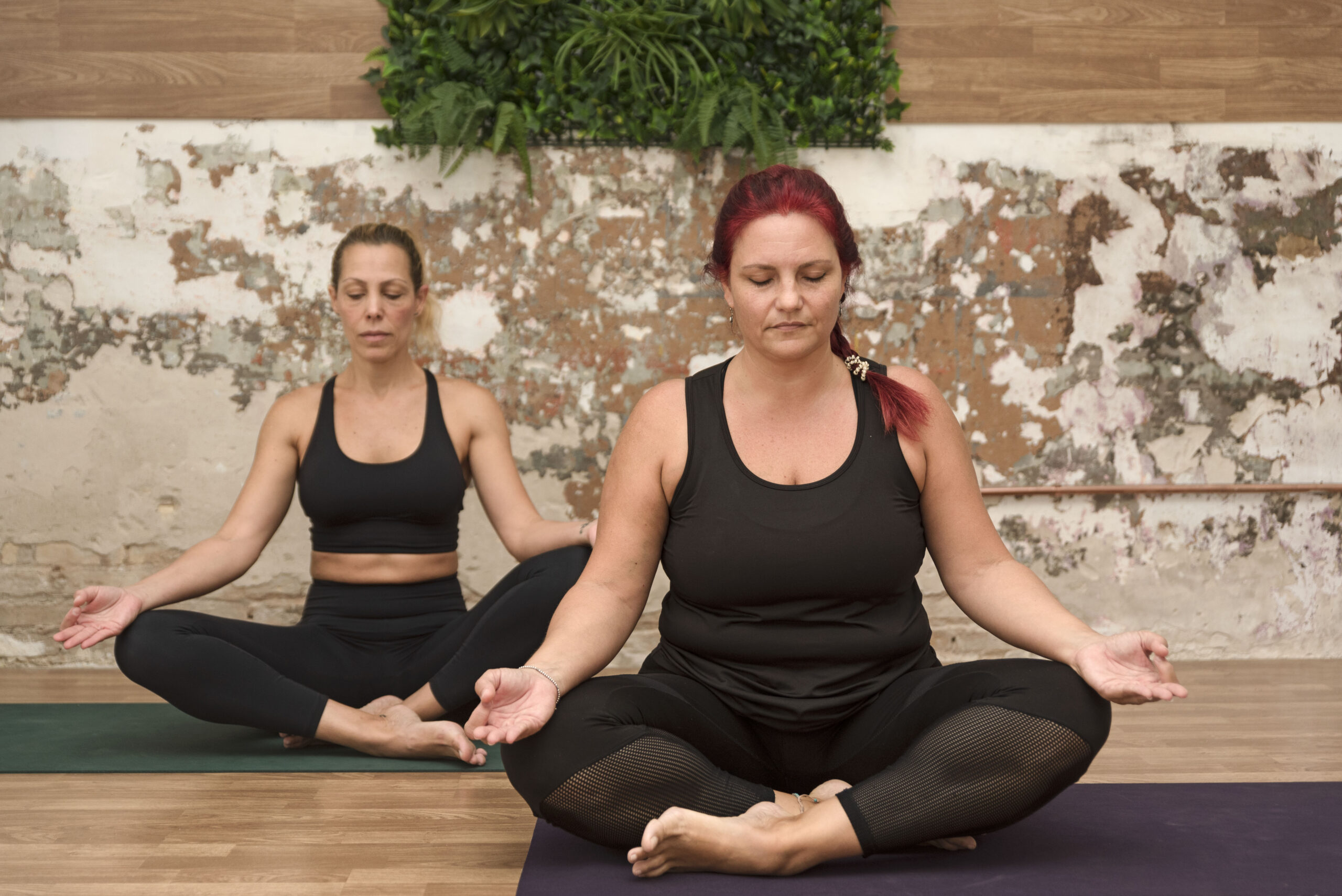
Yoga is much more than simply the physical practice of asanas; it is a vast, enriching philosophy that offers heartening insights on personal growth, inner peace, and holistic well-being. At Haum Yoga Studio, we are dedicated to sharing the invaluable teachings of yoga philosophy with our cherished community. Through understanding and embracing these ancient principles, you can enrich your life both on and off the mat, fostering balance, self-awareness, and harmony in your daily existence.
In this article, we will explore the foundational elements that define yoga philosophy, including essential teachings like the Eight Limbs of Yoga, concepts of unity, and ethical guidelines such as the Yamas and Niyamas. By journeying through these time-honored principles, we’ll uncover how these lessons can offer profound application and meaning in our modern lives. Embark with us on this enlightening exploration of yoga philosophy and experience its transformative power at the heart of your yoga practice.
1. The Eight Limbs of Yoga: A Pathway to Personal Growth
The Eight Limbs of Yoga, also known as Ashtanga Yoga, form the core framework of yoga philosophy. Introduced by the sage Patanjali in his seminal work, The Yoga Sutras, these eight interconnected principles provide a roadmap for spiritual growth, self-awareness, and inner peace:
– Yama: Ethical guidelines on how we relate to others, including non-violence, truthfulness, non-stealing, moderation, and non-possessiveness.
– Niyama: Principles for self-discipline and personal conduct, encompassing purity, contentment, self-study, spiritual practice, and surrender to a higher power.
– Asana: Physical postures that enable the body to find strength, flexibility, and stability, preparing it for meditation and promoting overall health.
– Pranayama: Breathing techniques that help regulate and balance the flow of vital energy (prana) within the body, supporting mental clarity and emotional equilibrium.
– Pratyahara: Withdrawal of the senses from external stimuli, allowing the individual to cultivate inner awareness and focus.
– Dharana: Concentration techniques that enable the practitioner to direct attention toward a single point of reference, laying the foundation for meditation.
– Dhyana: Sustained meditation, where the practitioner maintains unwavering focus and a tranquil state of mind.
– Samadhi: The ultimate goal of yoga, where the practitioner experiences a state of oneness, inner peace, and profound spiritual connection with the universe.
2. The Power of Unity: Understanding Yoga’s Holistic Philosophy
Central to yoga philosophy is the recognition of the interconnectedness of all facets of our being: physical, mental, emotional, and spiritual. This holistic approach teaches that a balance between these aspects is the key to unlocking our full potential and achieving lasting well-being. Concepts like the Koshas (five layers of existence) and the Chakra system (energy centers within the body) offer valuable insights into the multi-dimensional nature of human experience, helping you align your entire being and ultimately, experience a deeper state of harmony with the world around you.
3. The Yamas and Niyamas: Ethical Guidelines for Yogic Living
A crucial component of yoga philosophy is the adherence to ethical guidelines that promote an attitude of respect, kindness, and compassion toward ourselves and others. The Yamas and Niyamas serve as blueprints for living a fulfilling and harmonious life, offering guidance in areas such as personal conduct, self-discipline, and social responsibility. Incorporating these principles into your daily life can lead to more conscious choices, fostering an environment where personal growth and authentic connections can flourish.
4. Applying Yoga Philosophy to Daily Life
While yoga philosophy offers a wealth of knowledge and wisdom, its true power lies in its practical application within our everyday lives. By embodying the teachings of yoga philosophy on and off the mat, you can seamlessly integrate its lessons into your lifestyle, promoting a balanced and holistic existence that radiates harmony, love, and contentment. Here are some suggestions for integrating the principles of yoga philosophy into your daily routine:
– Implement the Yamas and Niyamas: Reflect on your choices and actions, considering how they align with the ethical guidelines of yoga philosophy. Strive to make choices that cultivate a sense of unity, respect, and compassion.
– Practice Mindful Movement: As you engage in your physical yoga practice (asana), remember to connect with the deeper principles of yoga philosophy. Approach each posture mindfully, honoring the unity of your body, mind, and spirit.
– Embrace Meditation: Developing a regular meditation practice can greatly enhance your experience of yoga philosophy. It fosters greater self-awareness, tranquility, and connection to the deeper aspects of your being.
– Cultivate Gratitude: Embrace the yogic principle of contentment (santosha) by practicing gratitude on a daily basis. Acknowledging the blessings in your life can lead to greater happiness, resilience, and inner peace.
5. Deepen Your Understanding of Yoga Philosophy through Haum Yoga Studio’s 300HR Teacher Training
If you feel inspired to explore the transformative power of yoga philosophy further, Haum Yoga Studio’s 300HR Teacher Training program offers students and teachers alike a chance to delve deeper into these invaluable teachings. Module 4 of this comprehensive program is specifically dedicated to yoga philosophy, enabling you to immerse yourself in the wisdom of ancient texts, practices, and principles that have guided yogis for centuries. By participating in this training, you’ll not only enhance your personal practice but also elevate your approach to guiding others on their yogic journeys, creating a community that thrives in the wisdom and beauty of yoga philosophy.
Embrace the Transformative Power of Yoga Philosophy
If you feel inspired to explore the transformative power of yoga philosophy further, Haum Yoga Studio’s 300HR Teacher Training program offers students and teachers alike a chance to delve deeper into these invaluable teachings. Module 4 of this comprehensive program is specifically dedicated to yoga philosophy, enabling you to immerse yourself in the wisdom of ancient texts, practices, and principles that have guided yogis for centuries. By participating in this training, you’ll not only enhance your personal practice but also elevate your approach to guiding others on their yogic journeys, creating a community that thrives in the wisdom and beauty of yoga philosophy.
